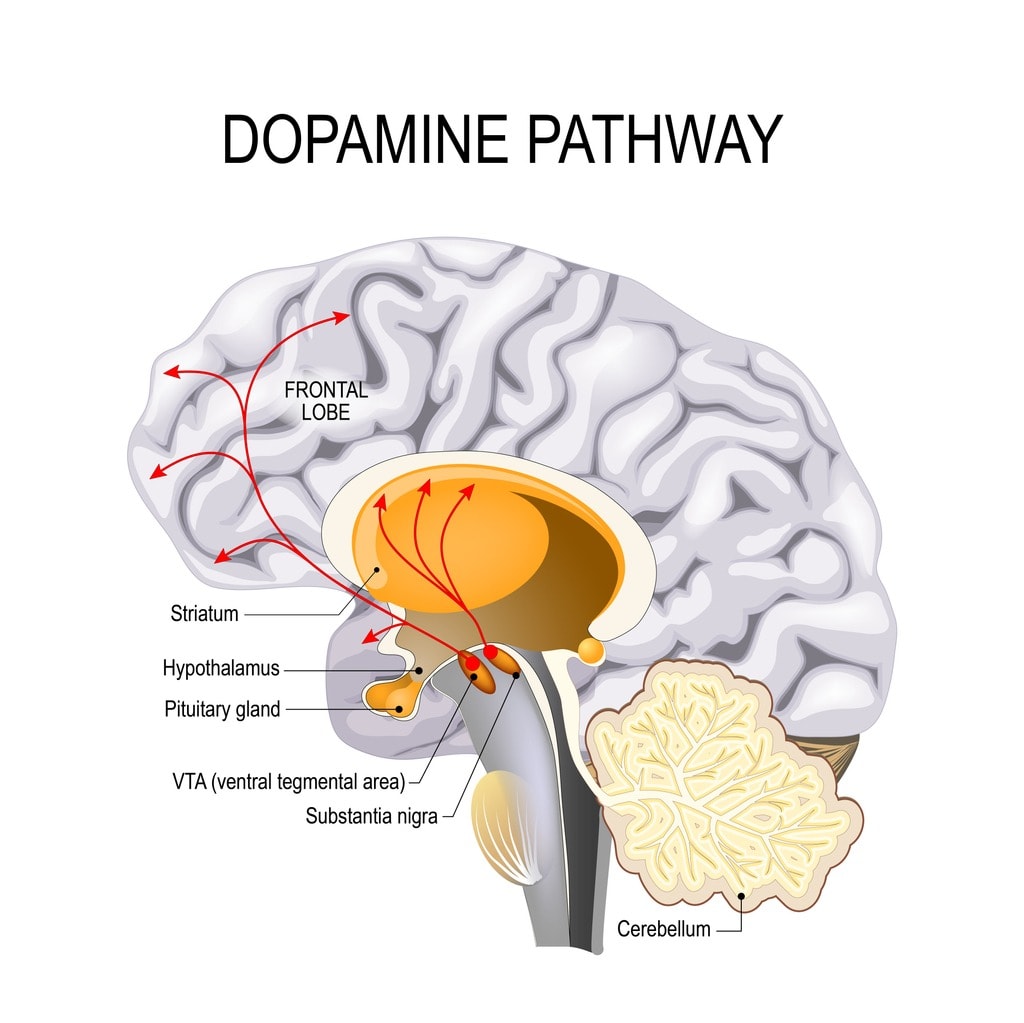In the words of Samuel Butler, “Life is one long process of getting tired.”
Maybe Mr. Butler was experiencing unexplained fatigue when he wrote his famous quote. This phenomenon is no stranger for many of us. I’ve experienced it myself and worked with many clients who have as well. They’ve come to me and simply started crying in frustration because they’ve lost their ability to stay focused. They have such little energy that they must use the full force of their will to accomplish even the simplest of tasks. If that’s you, I hope this article will help you get over that dreaded hump!
Unexplained fatigue happens to us all—even well-adjusted, happy, healthy individuals. With a whole new year ahead of us, I thought to share a few of my own insights and some practical tips from Dana Ullman’s book The One Minute (or so) Healer.
Symptoms of Unexplained Fatigue
In my humble opinion, serious fatigue doesn’t just happen. There is always some kind of mental worry or concern in the background. It’s no secret that we often have unsavory thoughts that ramble in our subconscious. At some point, some occurrence may come about in your life and become the catalyst for this uncomfortable condition.
One lady told me that she became extremely fatigued after her son left for college in a small town where there was no obvious danger. Nevertheless, she described what I call unexplained fatigue. She wasn’t even aware of why she suddenly began to feel so fearful and listless.
Be on the alert for the symptoms of fatigue, which I discuss below. Don’t just try to cope or simply hope for the best. Move quickly to get a medical diagnosis to be sure you haven’t developed an infection and/or an anemia issue that may be sapping your normal strength.
If your doctor finds you to be in good health, you may have unexplained fatigue. It has some distinct traits. If you answer yes to one or more of the five questions below, it may be a major indication that you’re slipping into fatigue. Take action to help stop it as quickly as possible, before it becomes a serious case of depression.
- Has your energy and motivation begun to fade?
- Does sleepiness occasionally (or frequently) accompany this lack of motivation?
- Do you experience feelings of self-pity or apathy?
- Are you weary, run down, and listless?
- Do you anticipate fear over some illness or impending bad news?
Simple Solutions that May Boost Your Get Up and Go
My blog posts often emphasize the need for a whole foods diet as advocated by the Weston A. Price Foundation. In this post, I will outline some powerful food sources to lighten the heart and increase happiness brain transmitters. I will also share some of the suggestions from the Dana Ullman book I mention above. And later I will discuss some whole food supplements from Standard Process, which are important for a couple of reasons:
- I believe you need the concentrated food sources available in whole food supplements to address these body-mind conditions. Healthy food is of course essential but a good whole food supplement is like having wings on your goal to achieve wellness.
- Synthetic vitamins simply do not produce the same results as concentrated foods.
Dana Ullmann’s Recommendations
I have paraphrased the following information from page 99 of The One Minute (or so) Healer.
Energy creates energy. When you’re fatigued, exercise may sound impossible. However, daily exercise stimulates your circulation and metabolism, therefore creating good energy. Try some aerobics as suggested in my blog post “Demystifying the Mitochondria.”
Avoid sweet treats. Sweets (along with coffee and energy drinks) may give you a short burst of energy, but consuming these poisons will overstimulate the adrenal glands and disrupt glucose levels, leaving you even more tired than before.
Go light on the midday-meal. A heavy lunch, especially if it’s full of simple carbs, will make you sleepy and further drain your energy. Try some of the meals I discuss my blog post “Eat Light, Stay Light.”
Watch your protein intake. Too much protein can exacerbate the fatigue syndrome, so limit protein-rich meals to one or two at most per day. Satisfy your hunger with good fats, such as coconut oil, lard, tallow, and raw or cultured butter, in all your meals.
Drugs can be a primary source of fatigue. Many drugs, especially over-the-counter or prescription sleep aids, will actually keep you from enjoying healing, natural sleep. This is true for other prescription drugs as well. These may be the source of your fatigue, so look for a doctor that will help you find natural alternatives where possible.
Increase your energy levels. Vitamin C and vitamin B are great sources of maintaining your energy level. Remember that ascorbic acid is not the same as the whole vitamin C complex. Use whole food supplements such as Cataplex C and Cataplex B.
Try an emotional reset. Make a pact with yourself to replace any thoughts of negativity and self-pity the moment you begin to entertain them. Also, MYOB (mind your own business)! Unless you’re confiding in a close friend or family member, try to avoid getting involved with the problems of other people since you already have enough of your own. Be polite but change the subject, or if need be simply communicate that you don’t want to discuss gossip or any issues that are none of your business. Ullman says this type of conversation is one of the most energy-draining mental tortures to our body since we have zero control over what other people say or do.
Find purpose in your life. Whether it’s your career or some other endeavor, we must all have a purpose in life. If you are extremely fatigued, even sitting in a mall and watching people go by may help until things start to get better. A more positive action would be to find a place where you can volunteer a few hours. Time heals ALL things, and this is no different.
Taking a Closer Look at Brain Neurotransmitters 
The definitions below are brief, but you can find more detailed information here.
Serotonin: A neurotransmitter that helps regulate moods.
Dopamine: A neurotransmitter linked to movement, memory, and cognitive skills.
Endocannabinoids: Also known as cannabis sativa, these compounds are made naturally within the body and activate the cannabinoid receptors. The effects are similar to marijuana, but without the many undesirable effects of THC.
Super Foods to Nourish Your Brain Neurotransmitters
You can find sources for these foods in the Weston A. Price Foundation Shopping Guide and the Find Real Food app. Or you may utilize the various resources and articles available on the WAPF website. Additionally, you may want to attend a Weston A. Price chapter meeting in your locale for lots of great free food and sources.
- Cod liver oil (vitamins A and D). I use Green Pasture or Tuna Omega-3 Oil from Standard Process.
- Butter from grass-fed animals (arachidonic acid, vitamins A and D).
- Egg yolks from grass-fed chickens (arachidonic acid, vitamins A and D).
- Fats from grass-fed animals (arachidonic acid, vitamins A and D).
- Organ meats from grass-fed animals (arachidonic acid, vitamins A and D).
- Bone broths (calcium). For recipes, see Sally Fallon Morell’s Nourishing Broth and Monica Corrado’s The Complete Cooking Techniques for the GAPS Diet.
- Raw whole milk from grass-fed animals (calcium, arachidonic acid, vitamins A and D).
- Raw milk cheese.
- Fish eggs (vitamins A and D).
- Small whole fish (calcium, vitamins A and D).
- Shell fish (vitamins A and D).
Personal note: When you can’t get quality calcium and vitamins A and D from the foods listed above, I especially recommend Standard Process Calcium Lactate Powder and the cod liver sources I mention at the beginning of the list.
[xyz-ihs snippet=”Begin-Authors-Note”]Afterthoughts from the Traditional Cook
Becoming acquainted with Mother Nature has helped many of my clients have overcome fatigue, depression, and other serious conditions. Yes, there is natural beauty in our surroundings that we may take for granted. Just knowing that you’re still alive can be an incentive to take a healing walk through a park, a botanical garden, a forest, or any other place that has the smell of living things. I therefore leave you with a little poem I’ve come to love:
Our world is always changing,
Constantly rearranging.
From ocean depths to mountain peaks,
Mother Nature moves and speaks.
While telling stories of our past
She tries to teach us how to last.
Mankind, so smart, sometimes blind
Leaves common sense far behind.
We’re moving fast and living large,
Forgetting Mother Nature’s in charge.
Amazed when she rings our bell,
Sending us through living hell.
She can twist our steel, shake any city,
If her wrath you feel, we shall pity.
Yet some who speak on her behalf,
I fear just seek the golden calf.
It’s true, we must treat her right.
Or we will incur a deadly plight.
Treat her with distinction
Or surely face extinction!
—“Mother Nature” by Edith A. Phinazee
Disclaimer from Maria Atwood, CNHP: I am a Certified Natural Health Professional, CNHP, not a medical doctor. I do not diagnose, prescribe for, treat, or claim to prevent, mitigate, or cure any human diseases. Please see your medical doctor or health practitioner prior to following any recommendations I make in my blog posts or on my website.
Images from iStock/morgan23 (main), ttsz (dopamine pathway), max-kegfire (happy man).




